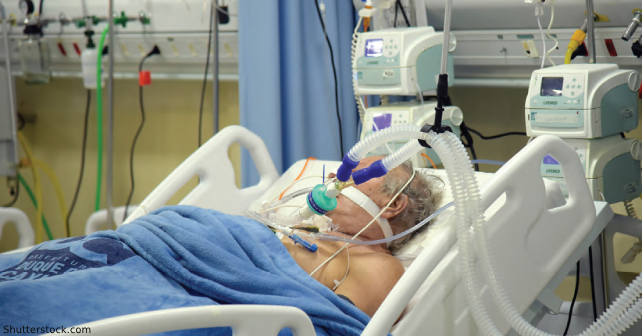
This morning Mr. Rogers’s family gathered around his bed. The priest administered last rites, and his daughter held his hand as I motioned for the respiratory therapist to follow the wishes of Mr. Rogers and his family to pull out the breathing tube from his mouth. Together we stand there as the machine gives Mr. Rogers one last breath before the tube is pulled out. Mr. Rogers does not have the strength to take any breaths on his own. I ask the nurse to increase the dose of his intravenous pain medications so he does not suffer any discomfort gasping for air, and 10 minutes later I pronounce Mr. Rogers dead.
Explore This Issue
ACEP Now: Vol 42 – No 03 – March 2023You see, this is the United States, where patients have rights and physicians are obligated to follow the goals of care outlined by their patients. Mr. Rogers’s mental status was sharp. He had good insight into his condition and his poor prognosis. He had the capacity to make medical decisions, and he very specifically requested to be liberated from this misery rather than staying alive, dependent on machines.
Mrs. Rosenberg
Moving onto the next room is our patient Mrs. Rosenberg. Mrs. Rosenberg is a 93-year-old great-grandmother who suffered a massive stroke that paralyzed her whole body and took away her consciousness, so she is being kept alive by a ventilator. Mrs. Rosenberg’s family is Orthodox Jewish, and their Rabbi advised them that every moment lived on this earth is a precious gift from God and all human life is equally sacred regardless of the quality of life experienced by the individual. Mrs. Rosenberg’s children would like for their mother to have a surgical tracheostomy for a tube placed in her neck so that she can stay alive on the breathing machine for as long as possible.
Unfortunately, Mrs. Rosenberg has an unusually short neck, and the surgeon at our hospital is uncomfortable performing the procedure because the anatomy of her neck will require the tracheostomy to be placed almost into her chest. She will need to be transferred to a larger tertiary-care center, where a thoracic surgeon can cut down a part of her breastbone to make room for the permanent breathing tube. After that, Mrs. Rosenberg will be transferred to a long-term-care facility, where she will be in bed on a breathing machine for the rest of her life, unable to move any part of her body, unresponsive.
Pages: 1 2 3 4 | Single Page





One Response to “Difficult Decisions in the Intensive Care Unit”
March 22, 2023
Matt ManerThank you. These are all excellent ethical cases and your write up of each was great.